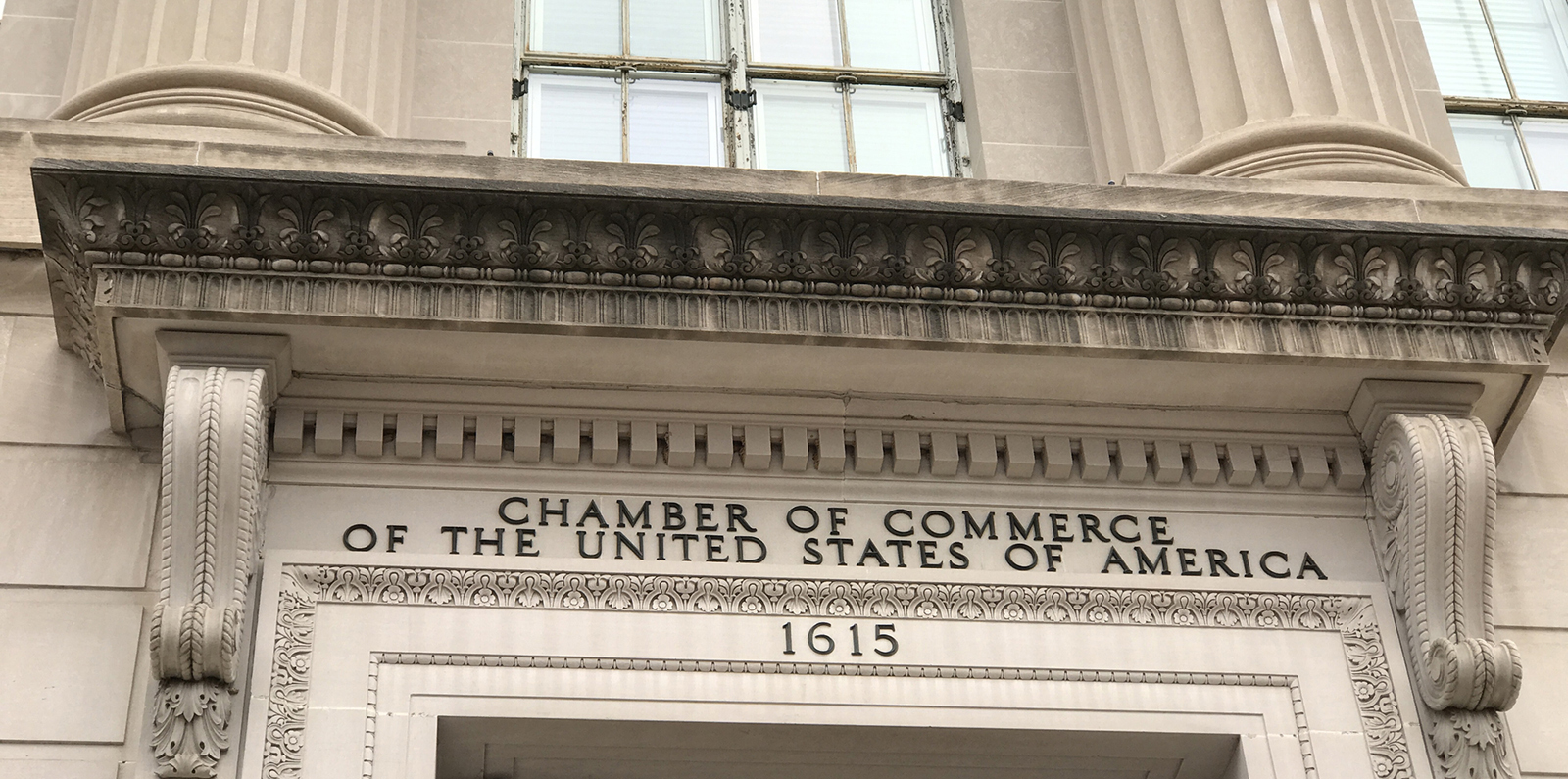Ocean State’s Elected Officials, Agencies Don’t Take Climate Crisis Seriously Enough
April 13, 2023
ecoRI News is more than halfway through its 14th year, and looking back on what Rhode Island has done during that time to protect the natural world and human health reveals an appalling lack of accomplishment by those expected to lead.
The progress the state has made has come largely from the work of volunteers, small community groups, environmentally focused startups, nonprofits, climate activists, social justice advocates, and students of all ages. This has to change if Rhode Island truly wants to reduce greenhouse gas emissions, protect the environment, and revitalize disenfranchised neighborhoods. But special interests hold an inordinate amount of influence at the Statehouse and in town halls.
We have built successfully on the work begun by Mike Merner at Earth Care Farm, Greg Gerritt, the founder of the state’s annual compost conference, and Michael Bradlee, who created a community composting hub in Providence, when it comes to keeping food scrap out of the landfill and instead using it to create nutrient-rich soil. (In 2013, ecoRI News actually started the first residential food-scrap collection pickup in Rhode Island. The initiative, called ecoRI Earth, was born out of our reporters collecting food scrap, Halloween pumpkins, and Thanksgiving turkey carcasses at farmers markets. We eventually sold the composting business for $4,000 to focus on our journalism; the slack was picked up by Bootstrap Compost, Black Earth Compost, Epic Renewal, The Compost Plant, and others.)
We have platoons of volunteers statewide patrolling roadsides, beaches, riverbanks, and parks picking up litter, most of if of the plastic variety and much of it nips.
Environmentalists and environmental nonprofits have kept up their share of the effort needed to protect the voiceless, from lobbying and testifying at the Statehouse to educating the public about the importance, for example, of protecting biodiversity and drastically reducing our fossil fuel use.
The reward for sitting through endless hearings, submitting written testimony, delivering speeches, filing petitions, making presentations, and holding rallies and protests? The rejection of a methane/diesel power plant proposed for the woods of Burrillville and a lot of talk and little serious action from a Statehouse that mostly supported the building of a new fossil fuel facility in the midst of a climate crisis. The bills that are passed and signed into law receive little support or are quickly forgotten.
In 1989, for example, the General Assembly passed the Beverage Container Recyclability law. It mandates that retailers can only sell beverages in containers that “have attained a 50% recycling rate by 1992.”
Last year a bill, focused mainly on those ubiquitous vessels of cheap liquor that mar the state, was introduced that would have banned the sale of any sealable bottle, can, jar or carton that holds less than 100 milliliters (3.4 ounces) of alcohol. A nip is 1.7 ounces. The bill was held for further study.
In reality, though, the sale of nips in Rhode Island has likely been illegal since 1992. But enforcing the law is a challenge, since no state entity keeps track of beverage container recycling rates and most if not all lawmakers don’t even know the law is on the books.
Of course, the small minority of climate change deniers, bigots, and all-around jackasses — usually all three at the same time — that keep getting elected to the General Assembly aren’t going to do anything to address the climate crisis or social injustices except to vomit lies and tweet nonsense.
Much of the problem lies with the rest of the cast.
Last year, the General Assembly finally got around to banning single-use retail plastic bags — a minor environmental/public health step forward that took Rhode Island far too long to take. The law (H7065A) will go into effect one year after the state Department of Environmental Management issues regulations for its enforcement or on Jan. 1, 2024, whichever comes first. Bet on the latter, and let’s hope this law is better enforced than the Beverage Container Recyclability Act.
From 2018 to 2021, the state’s elected officials and the agencies they control watched as Rhode Island lost some 1,000 acres of forestland to ground-mounted solar development. Supporting the development of renewable energy is paramount, but there is a right way and wrong way to make the much-needed transition away from the burning of fossil fuels.
When it comes to solar, Rhode Island has chosen the wrong way, because it’s easier (encouraging, incentivizing, and mandating the use of already-developed space for solar installations is hard) and less expensive for developers (it’s cheaper for them to Paul Bunyan forests than build solar carports or remediate brownfields).
The wrong way, though, is costly to Rhode Island’s natural world, the biodiversity it supports, and the amount of climate change it can mitigate. The wrong way also diminishes human health.
In early March, the Senate overwhelmingly reappointed the director of the Rhode Island Department of Transportation by a 35-1 vote. They praised his ability to get roads and bridges repaired, but ignored his tunnel vision. An innovative director, one the state desperately needs at this time, could both fix infrastructure and address the fact Rhode Island needs to drastically cut the greenhouse gas emissions coming from the transportation sector to meet the mandates of a 2021 law.
For the past eight years, the reappointed director — despite claiming otherwise to the media organizations to which he grants interviews — has shown nothing but contempt for non-car modes of transit. He doesn’t take the climate crisis nor the role the transportation sector plays seriously. He lacks the vision required to address the challenges of the 21st century. More than one senator should have noticed.
Nearly a decade ago, the General Assembly passed and then-Gov. Lincoln Chafee signed the 2014 Resilient Rhode Island Act into law. There was a lot of self-congratulatory backslapping, but the act was essentially useless. It created the unfunded and unstaffed Executive Climate Change Coordinating Council (EC4) — a collection of department heads tasked with addressing the climate crisis in Rhode Island.
The EC4 was charged with developing and tracking the implementation of a plan to achieve greenhouse gas emission reductions below 1990 levels of: 10% by 2020; 45% by 2035; and 80% by 2050. Since the act didn’t mandate these targets be met, we’re lucky if we’re on the right track, or should I say widened highway.
The EC4’s important work remains unfunded, but it now does have one staff member, from the Rhode Island Department of Environmental Management, dedicated to figuring out how the state reduces its climate emissions. We have more people searching for anglers who have caught too many tautog.
Seven wasted years later it finally dawned on state lawmakers that the Resilient Rhode Island Act was a toothless piece of legislation. They rectified that by passing the 2021 Act on Climate law, which tightened emission targets and made them mandatory.
But there’s a significant catch: it passed the responsibility of holding the state accountable from elected officials and the agencies they control to environmental and climate justice individuals and organizations. (I don’t imagine the Rhode Island Center for Freedom and Prosperity, the Northern Rhode Island Chamber of Commerce, or the Energy Marketers Association of Rhode Island, formerly the Oil Heat Institute of Rhode Island, taking exception to our continued spewing of fossil fuels.)
You see, the Act on Climate law includes a provision enabling lawsuits to be filed when citizens or organizations believe the state is not upholding its responsibilities under the legislation.
Environmentalists, social justice advocates, and environmental/climate justice nonprofits have spent the past 14 years calling out the ineffectiveness of Rhode Island’s lawmakers and agencies when it comes to protecting the natural world and human health.
It is possible to protect both the economy and the environment. It just takes some real effort, and putting visionary people in key positions.
Frank Carini can be reached at [email protected]. His opinions don’t reflect those of ecoRI News.




Amen
Our elected officials and corporate heads don’t realize that proper environmental actions will result in more tourism and a better quality of life.
Thanks soooo much for your fact based and strongly worded article. RI has yet to get serious on climate action. More voices speaking out to force change needs to happen from now to eternity. Volunteers remain the backbone of change until we elect leaders who make change happen.
Rewild Rhode Island